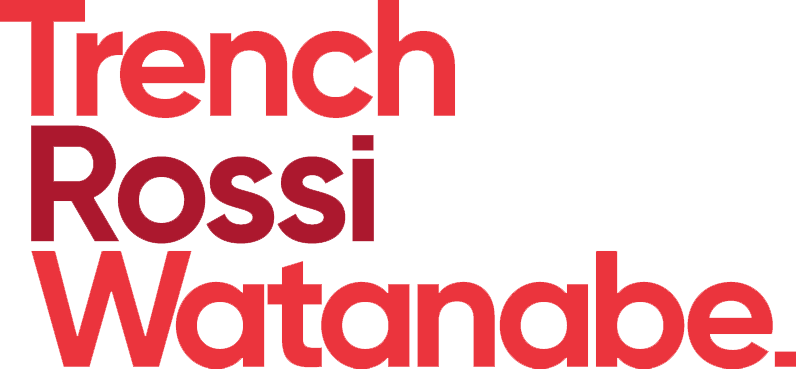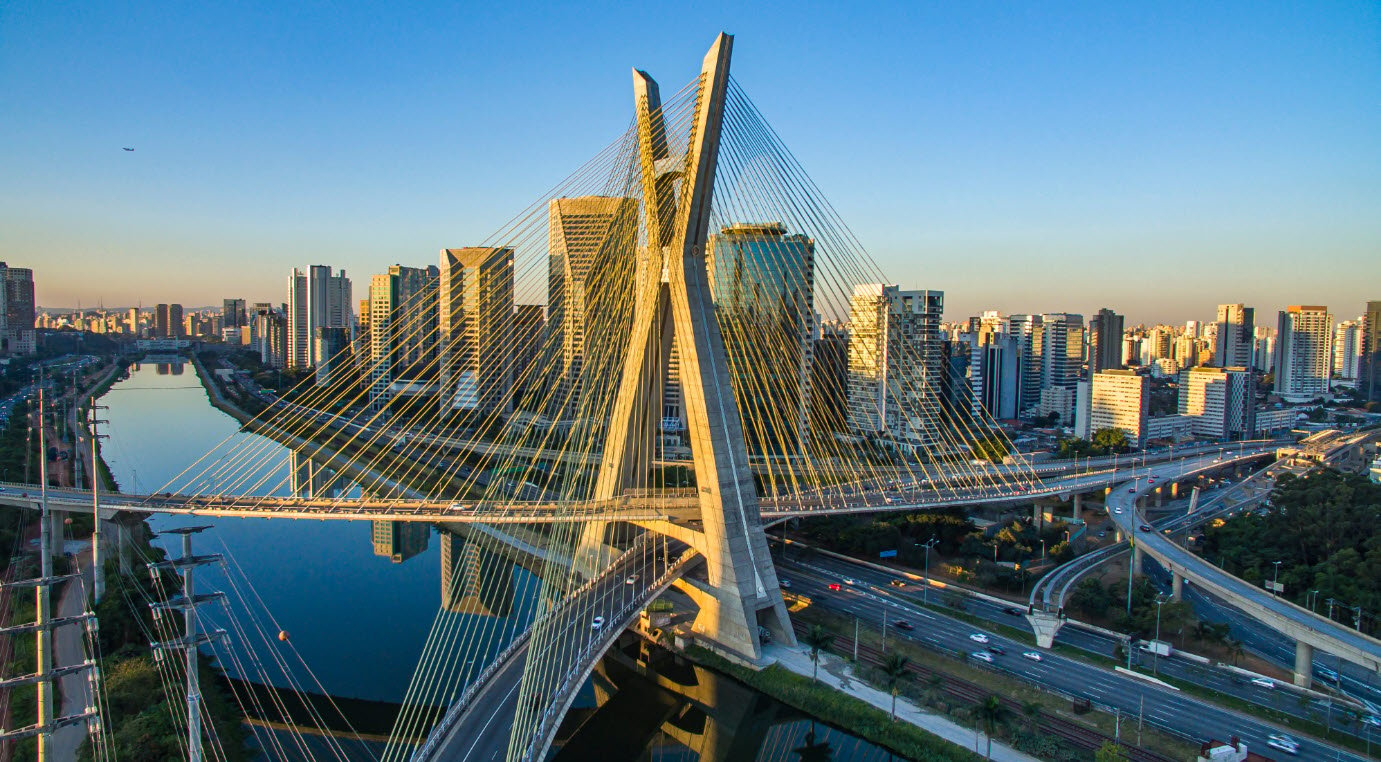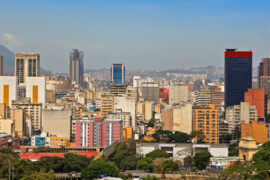In brief
On 6 October 2021, the CETESB (environmental agency of the state of São Paulo) published Board Decision No. 105/2021/P/C of 29 September 2021, which altered Board Decision No. 114/2019/P/C, establishing the “procedure for the incorporation of reverse logistics in the scope of environmental licensing”.
More details
The new board decision changed the deadline for the beginning of the obligation to incorporate reverse logistics in environmental licensing (in cases of obtaining and renewing), extending it to until 31 March 2022.
The extension will be applied when the enterprises are classified, simultaneously, in item 2.4.2 and items c, d, e and f of Board Decision No. 114/2019/P/C and in the categories of individual microentrepreneurs, microenterprises or small businesses whose built area is less than 500 square meters.
The projects covered by the items mentioned in item 2.4.2 are as follows:
(i) Food products, for the reverse logistics of their packaging
(ii) Drinks, for the reverse logistics of their packaging
(iii) Toiletries, perfumes and cosmetics, for the reverse logistics of their packaging
(iv) Cleaning and related products, for the reverse logistics of their packaging
The board decision applies to all ongoing administrative procedures.
Our Environment, Consumer and Sustainability team is available to provide further clarification on this subject.

Trench Rossi Watanabe and Baker McKenzie have executed a strategic cooperation agreement for consulting on foreign law.





